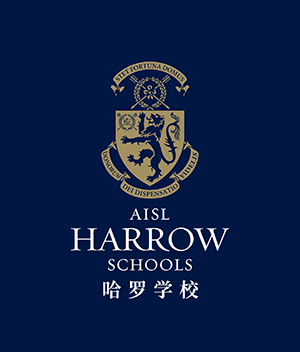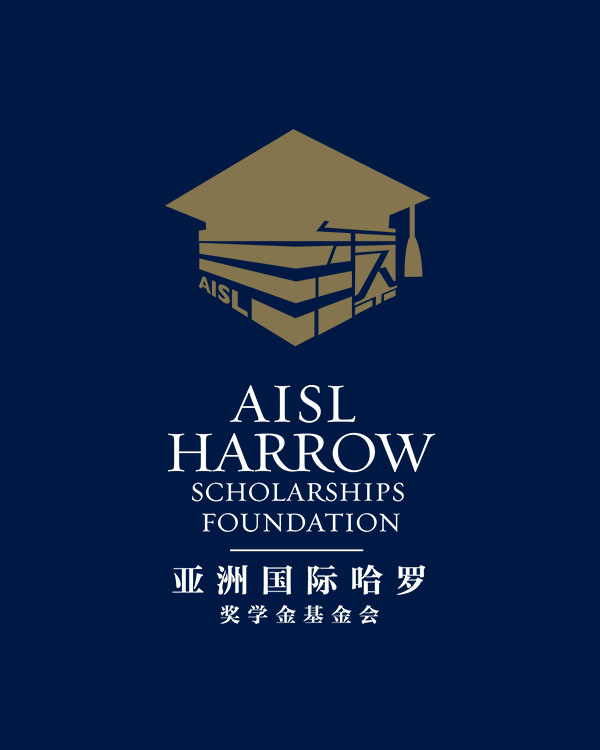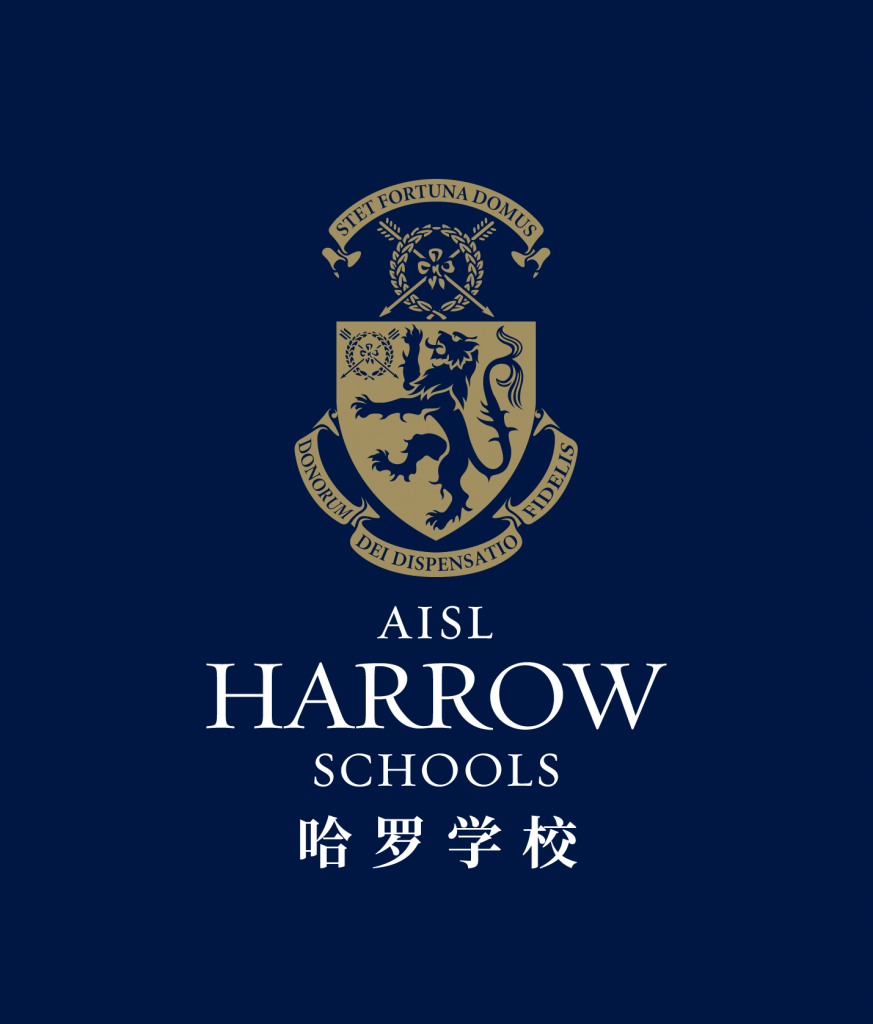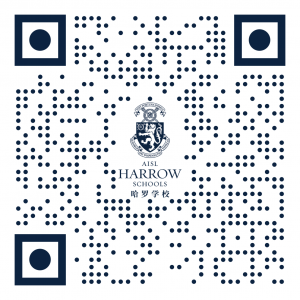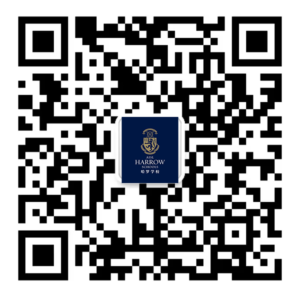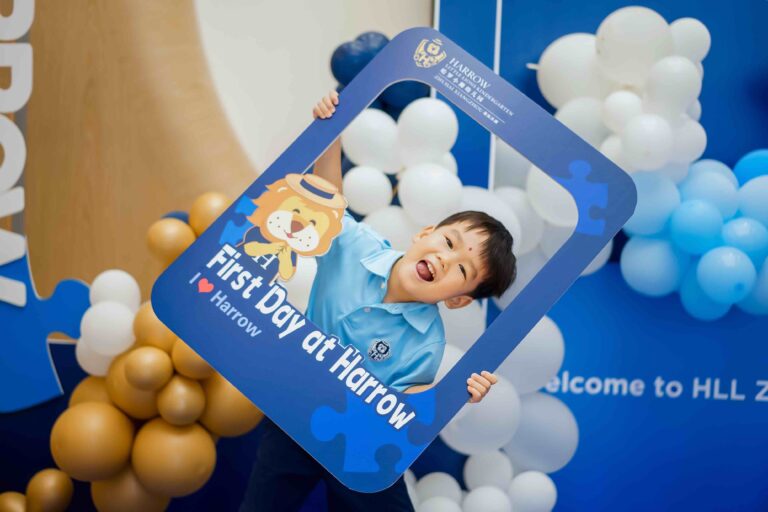
As human beings, we are always subject to a range of emotions that enable us to make sense of the world around us and our feelings towards people and different situations. Emotions enable us to interpret the world and act on the decisions we take. A positive sense of ourselves – our wellbeing – is a vital element of our psychological, and ultimately physical health.
As we grow older and mature into adults, we learn how to identify and manage these, often strong, emotions and how to nurture and support our own sense of self and psychological health.
For very young children this is an important and challenging element of development and growth. As part of this process, children learn how to develop their rational, over their egocentric, selves.
As with all aspects of development, this is learned and therefore needs to be taught, and with all learning, some children find this easier than others.
In the Little Lions Curriculum, we have deliberately identified Emotional Development and Wellbeing as an important Learning Discipline and one that will be supported and taught as part of the child’s everyday experience.
This Learning Discipline is divided into three elements:
Emotional Literacy is the skill and knowledge of how to identify and ‘name’ the emotion that is being felt. Young children feel emotions very strongly without really knowing what they are and why they are feeling that. It is an important part of their development to be able to name emotions such as fear, happiness, jealousy, frustration, and worry. By first naming these and understanding that it is perfectly normal and natural to feel them in different situations, children can then be supported into talking about what triggers these feelings, and how to then develop strategies for managing and controlling them. This also involves children understanding what makes them happy, relaxed and content so that, again, they develop strategies and methods to support their own positive sense and understanding of themselves.
Empathy is a vital human attribute that enables us to understand what something might feel or look like from a different perspective to our own. This is important to understand how to be part of a community and a society where there are different needs, views, and experiences. As children develop a strong sense of themselves, they also learn that other people are different: they might look different, live in a different way, have different interests and so on. Understanding and accepting this as part of the world they live in is a strong basis for effective and responsible citizenship.
Self-Regulation is a vital skill, that, linked to emotional literacy, enables children to develop a sense of perspective and the ability to control powerful emotions. While children have immediate desires and wants, and are still in an egocentric phase, it is important to support them in identifying situations that challenge them and present opportunities for them to be able to talk through emotions and feelings, therefore developing approaches and strategies that help and enable them to find an appropriate resolution.
Follow us on social media as our education experts will be sharing more insightful tips on early years education!
